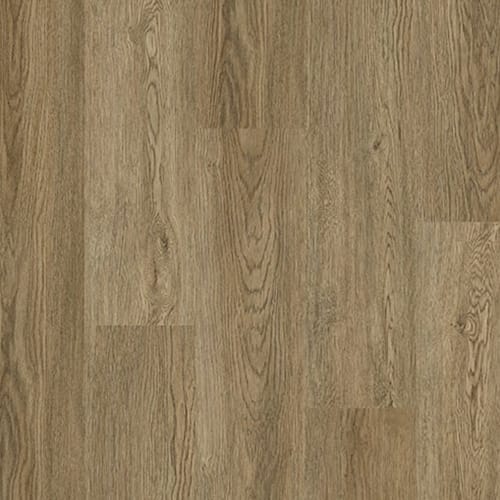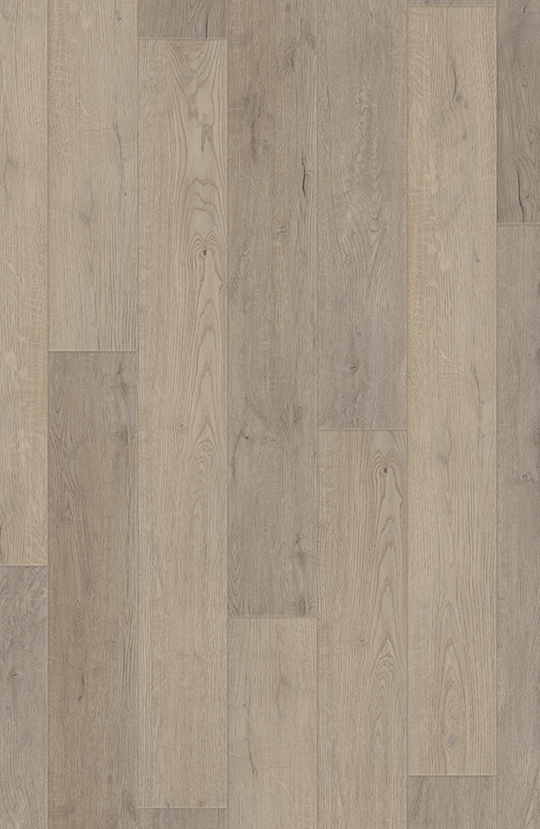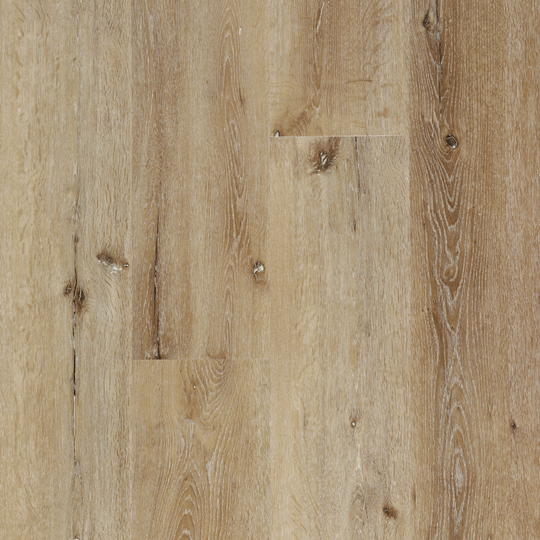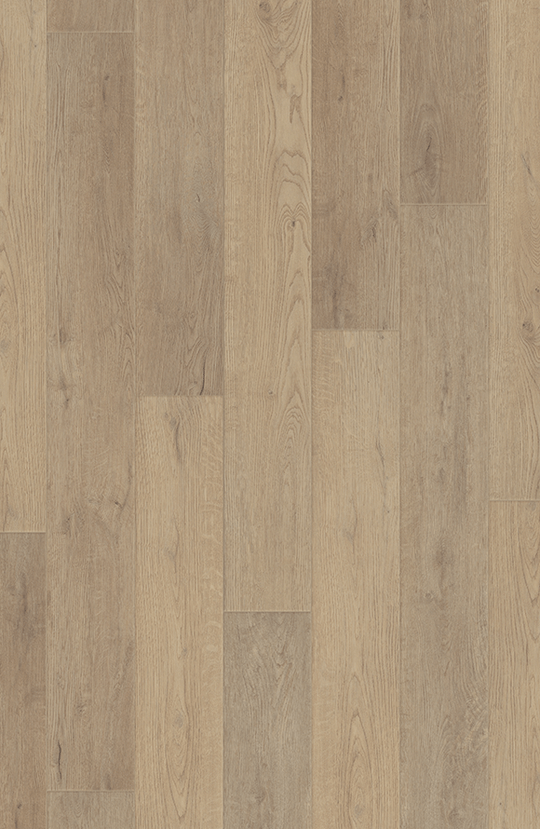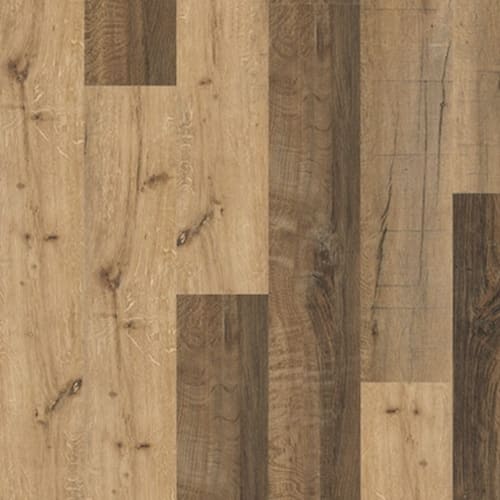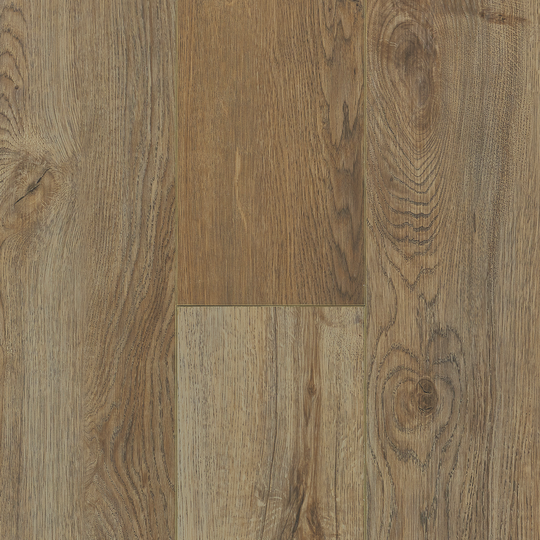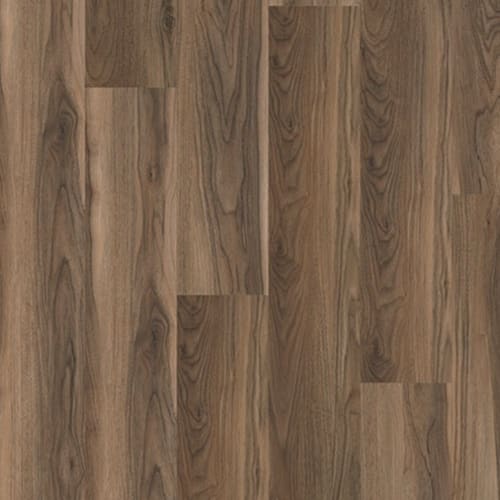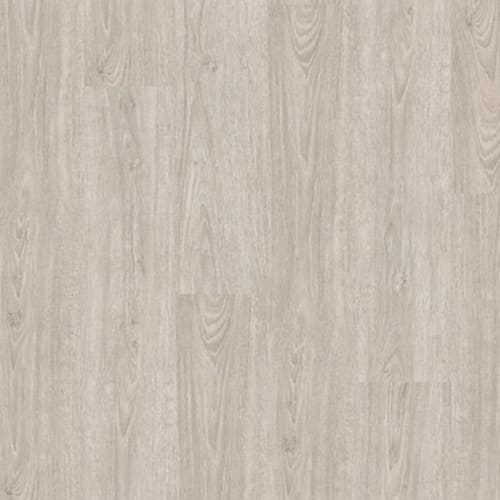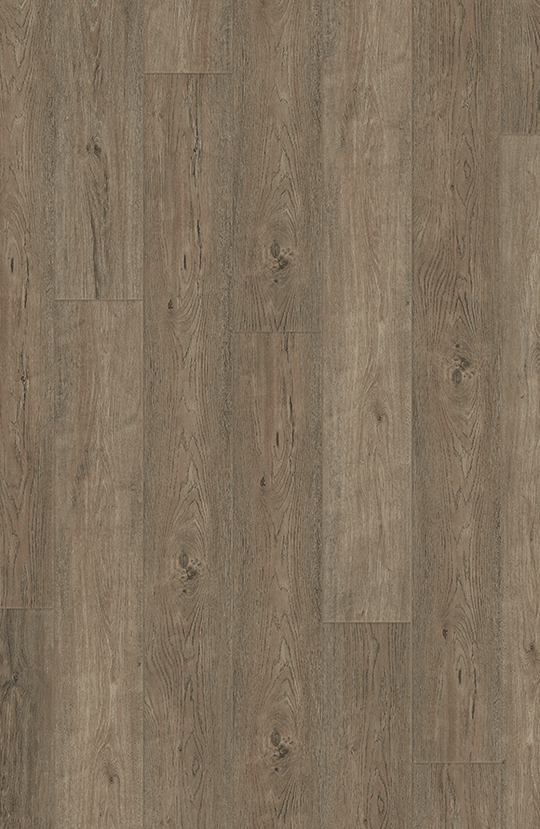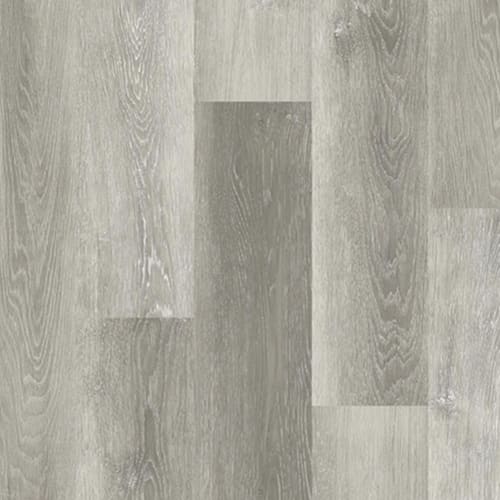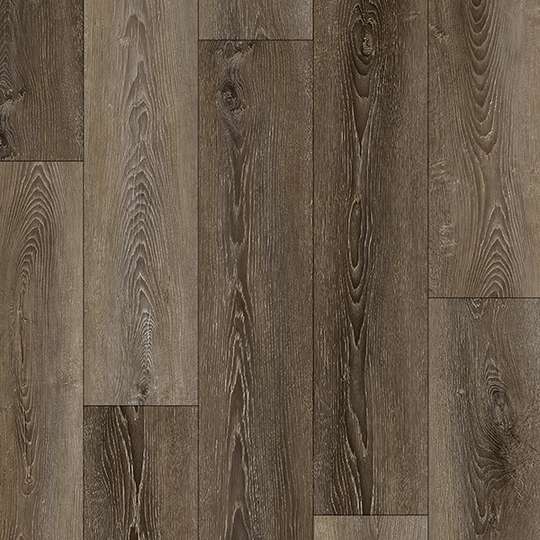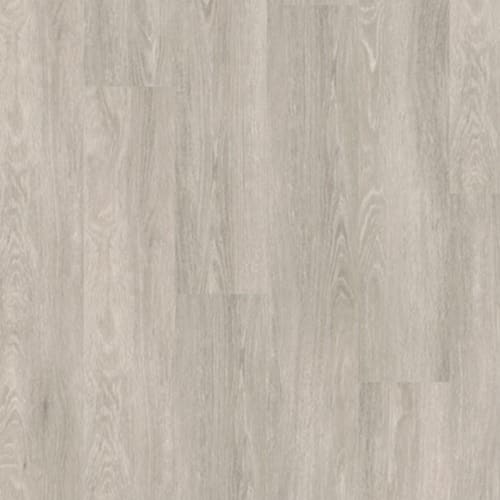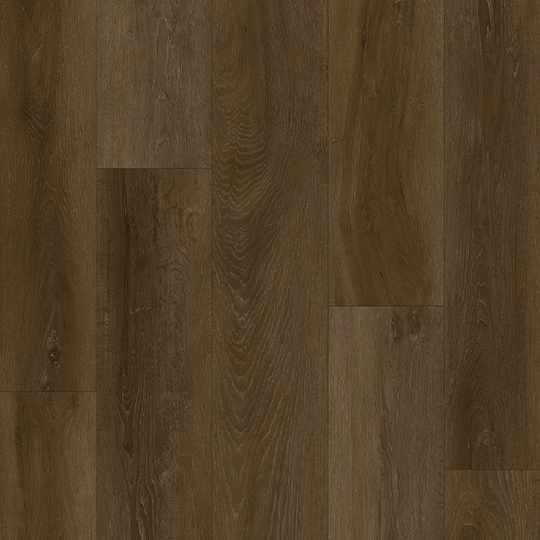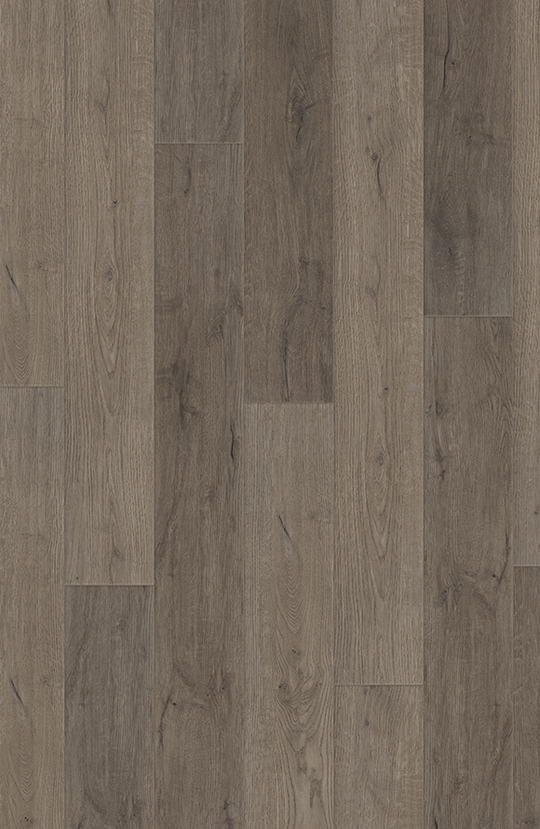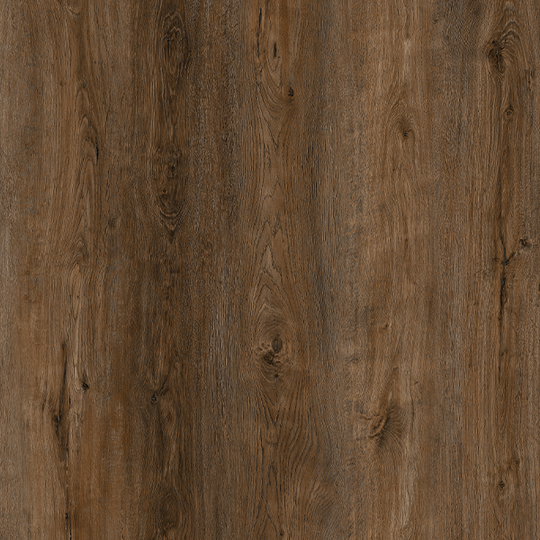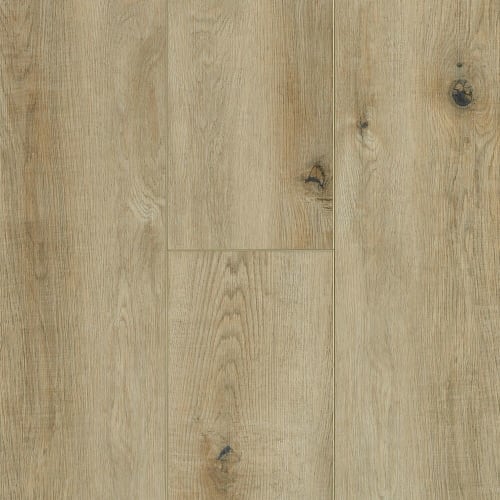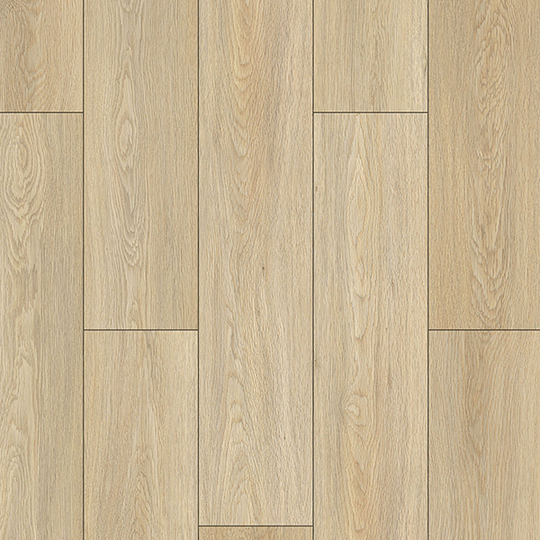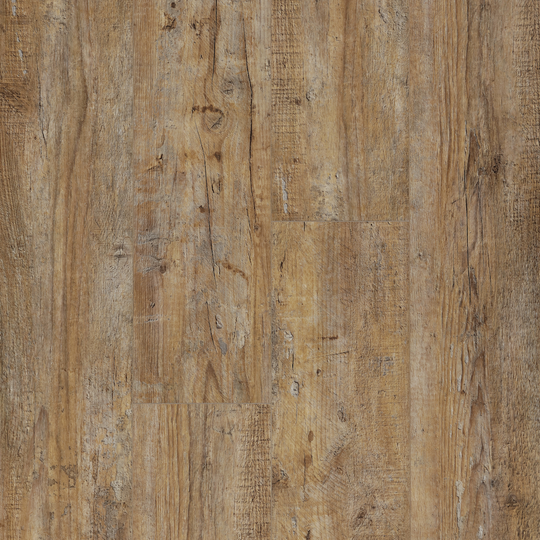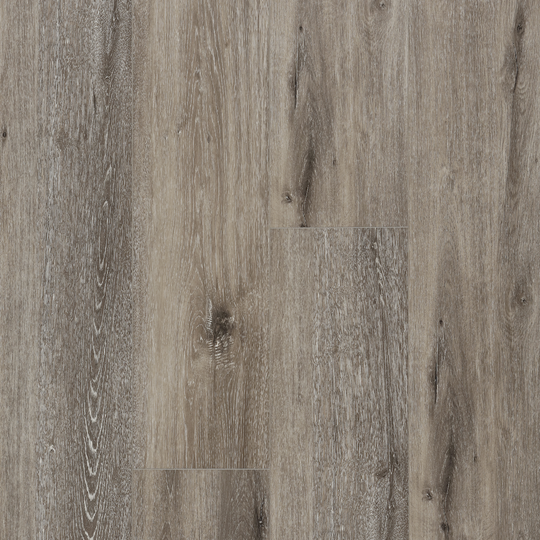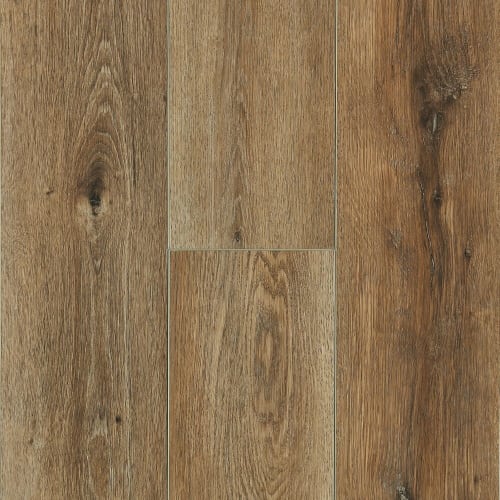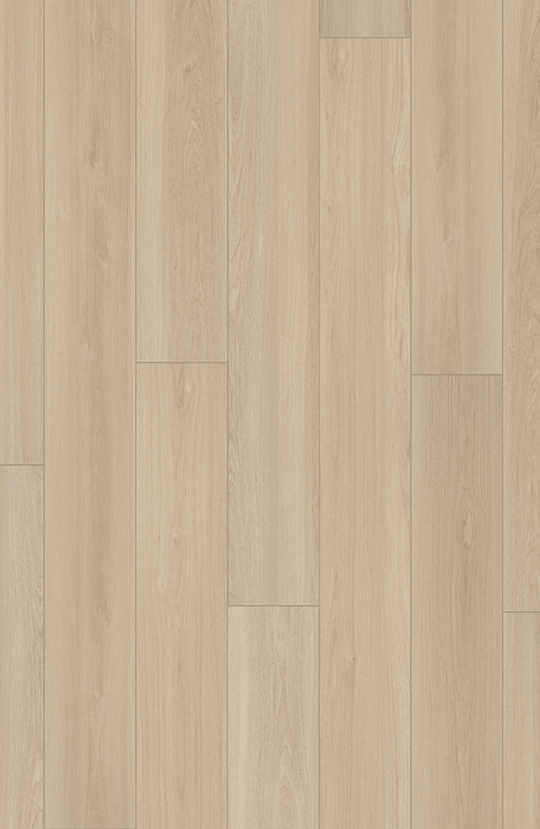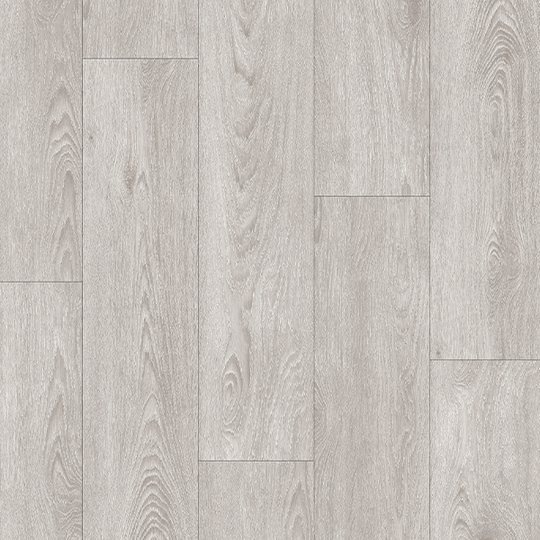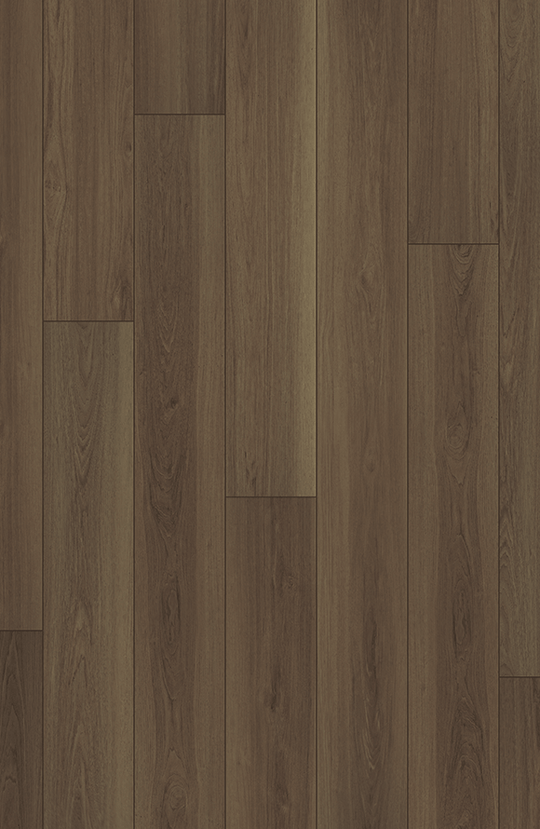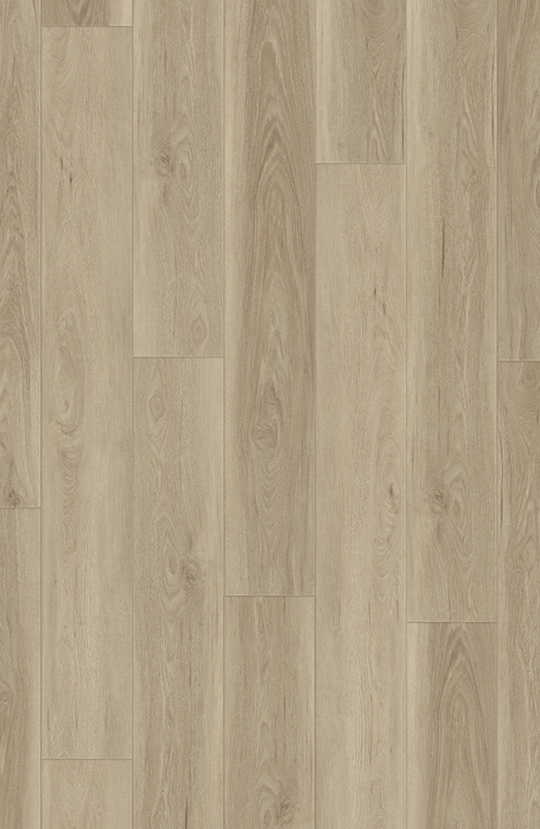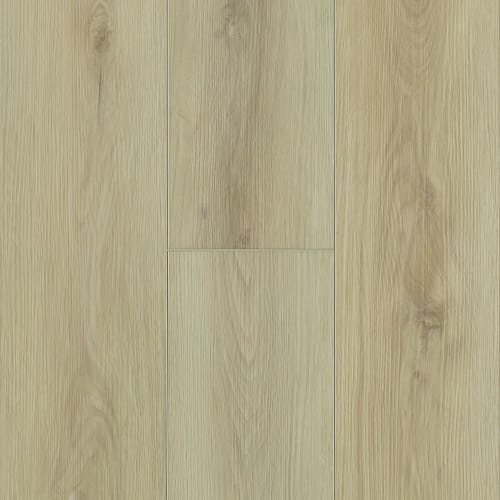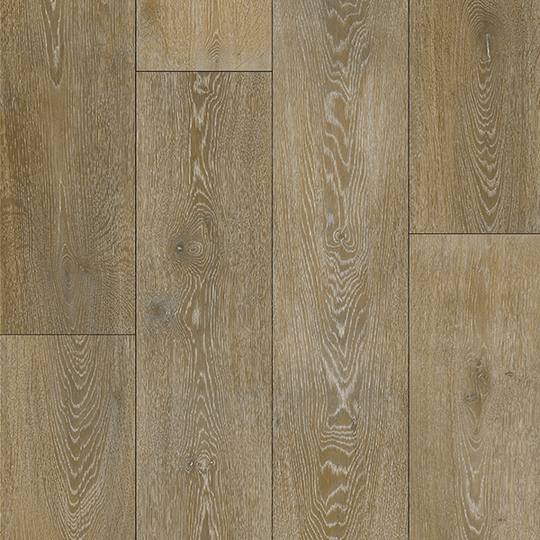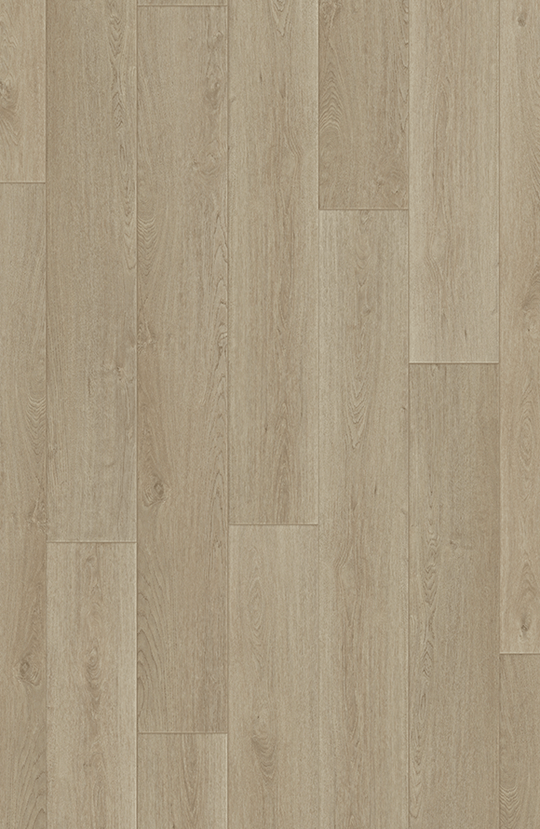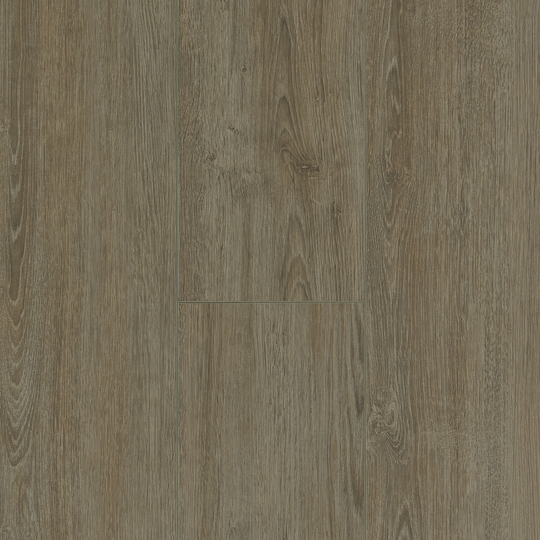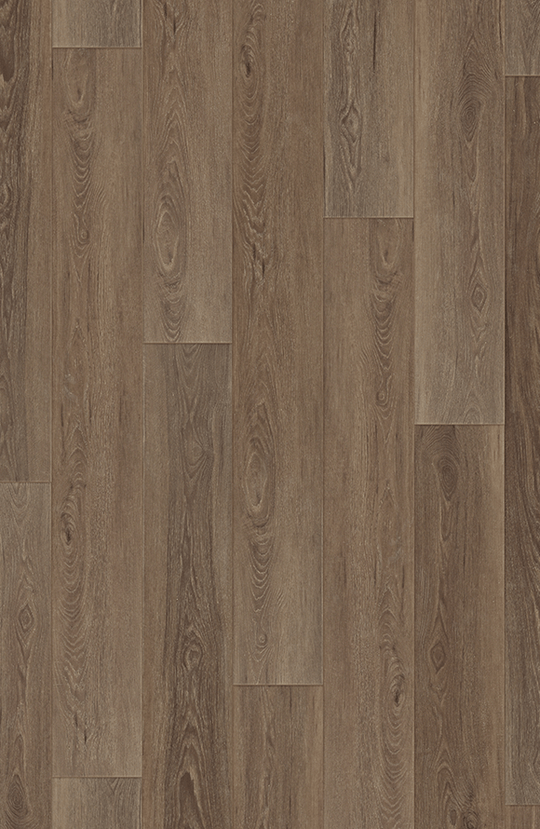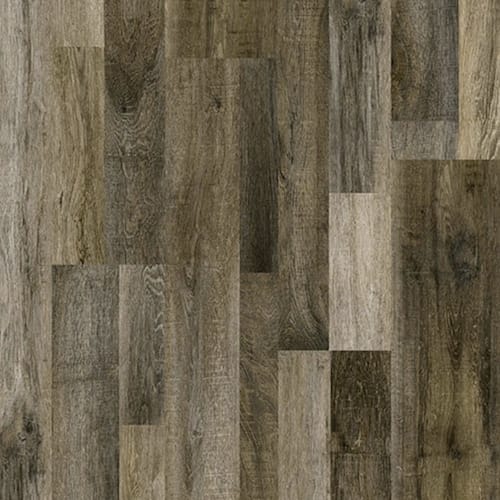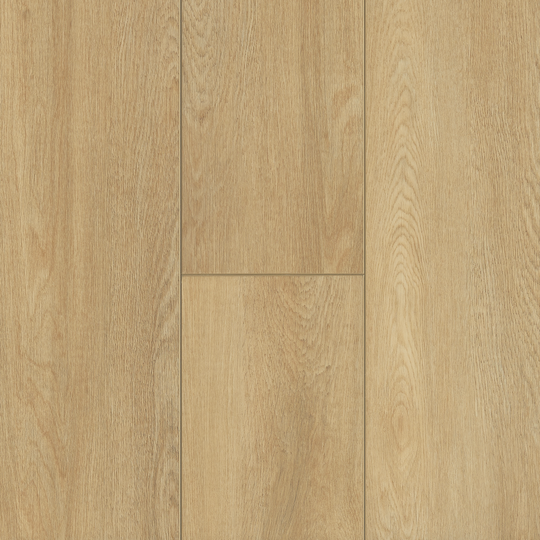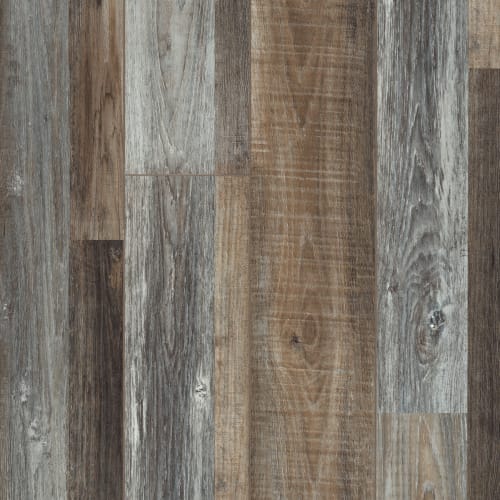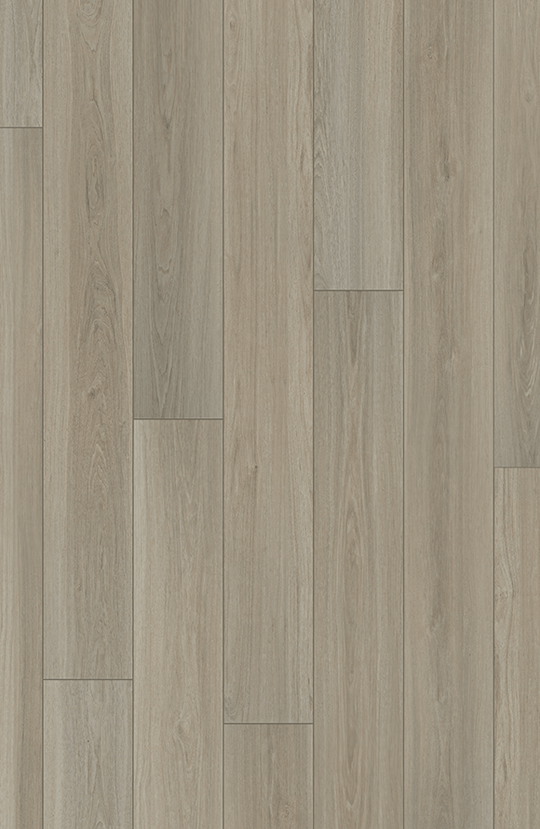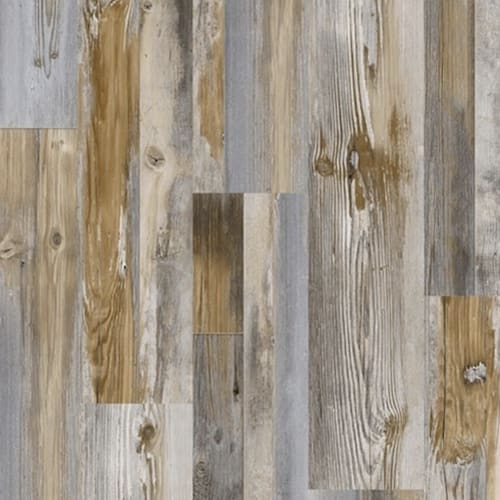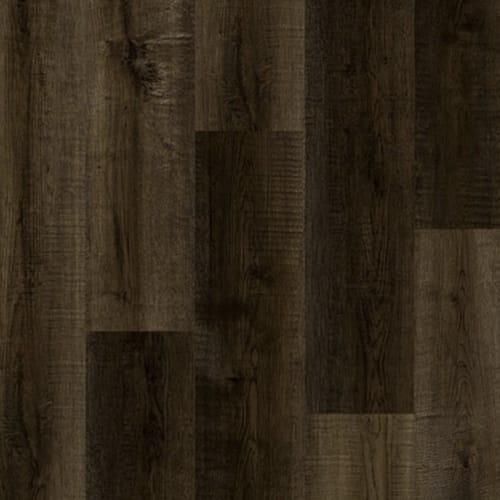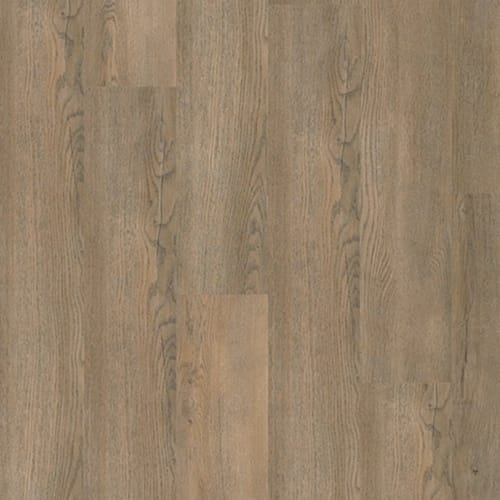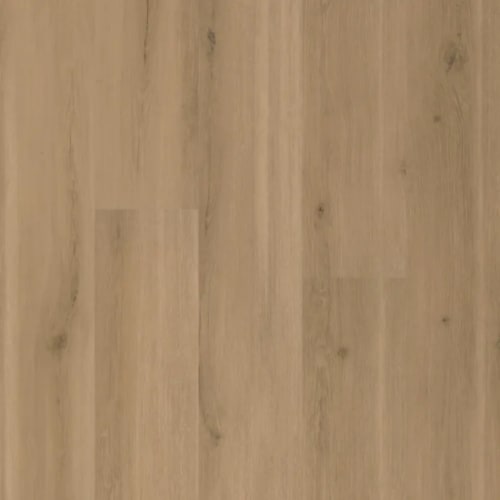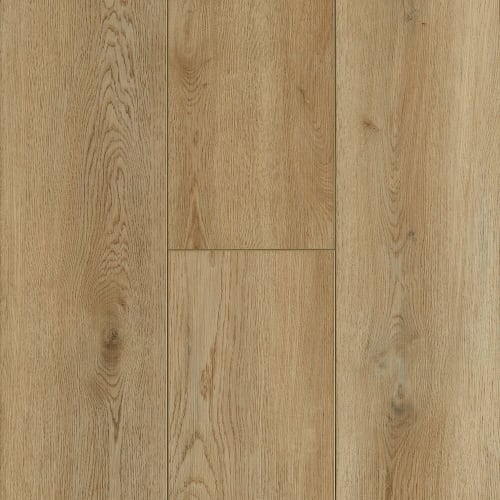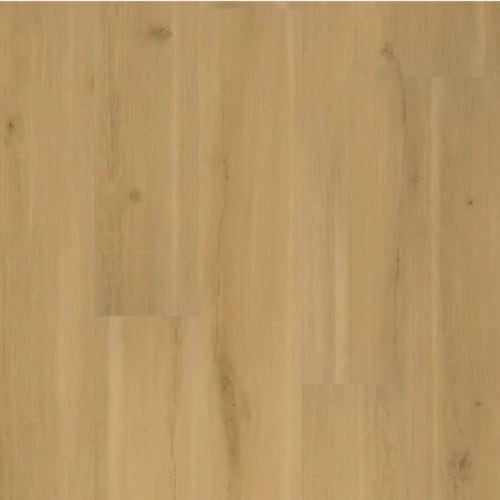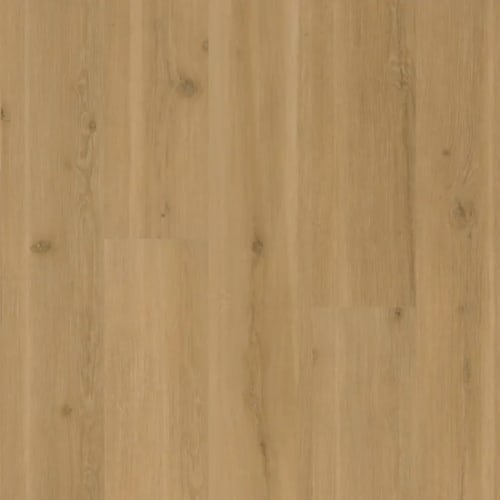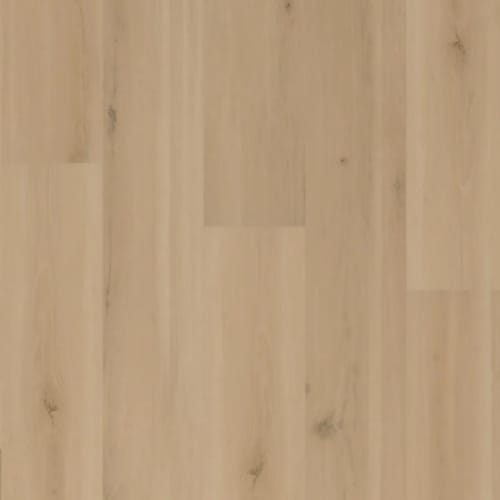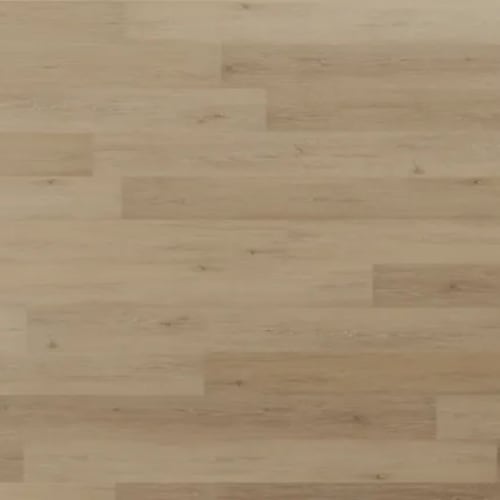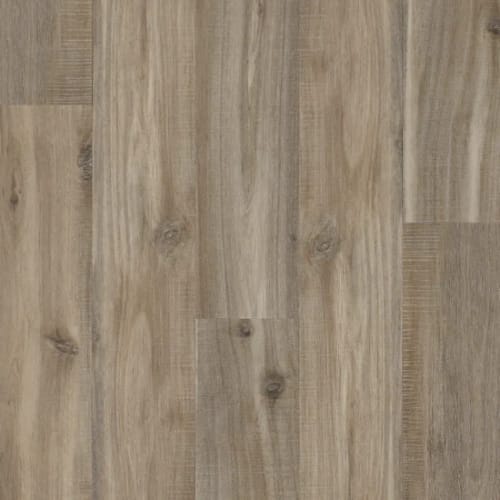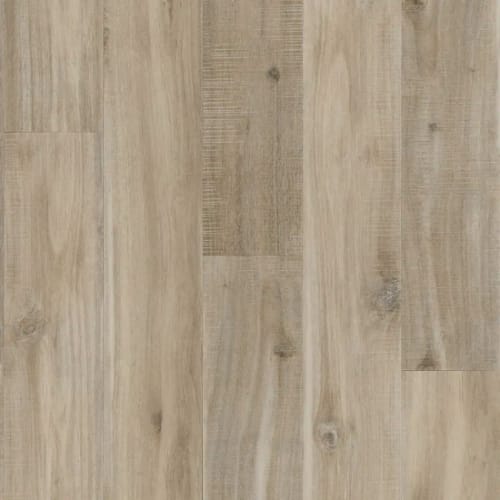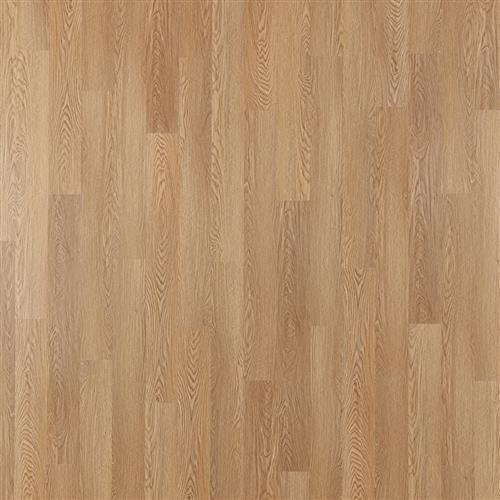Luxury vinyl plank, or LVP, is one of the most versatile flooring options. It is easy to maintain, offers a wide selection of designs and water resistance, and is one of the most affordable flooring options.
LVP is primarily constructed from polyvinyl chloride, which you probably already know as PVC. PVC is well known for its durability, versatility, and water resistance. It is also a synthetic material that is moderately priced, which is the reason behind the LVP's overall affordability. There are many reasons why shoppers love LVP, but today we are going to go through all of the reasons our team loves it.
LVP Designs to Choose From:
Another benefit of synthetic materials like LVP is that their aesthetic design is printed on the final film layer of the vinyl plank. This means that LVP can recreate the looks of anything you desire, like wood, stone, ceramic, or even marble.
Given how much printing technology has evolved in the past few years, the design of LVP can capture the nuanced beauty of the material it tries to recreate. This means that if you decide on wood-looking LVP (the most popular option), you won't get some generic wood look; you will get nuanced patterns that mimic everything from the deep, rich tones of mahogany to the light, breezy vibes of bamboo, and everything in between.
On top of that (quite literally), some premium LVP manufacturers offer an additional layer that mimics the texture and tactile underfoot feeling of the material it aims to recreate.
LVP price range:
As mentioned above, LVP is known for its affordability, with prices ranging from $2 to $8 per square foot.
While there are cheaper LVP options out there, if you are budgeting for quality flooring for your home, it is safe to say that for around $4 or $5, you can find beautiful and durable LVP flooring.
If you decide on something pricier, some premium LVP options offer a warranty extending beyond twenty years for home use and ten years for commercial use.
LVP Durability Performance:
LVP is a naturally resistant material that is made to survive daily wear and tear. Many products offer a high scratch resistance rating, and depending on how important that is for you, you should focus on wear layer thickness.
Vinyl flooring's scratch resistance depends mainly on the thickness and quality of its wear layer. This layer is measured in mils (thousandths of an inch). Typical LVP wear layers ranges include:
-
Light-duty residential: 6-12 mils
-
Heavier residential/light commercial: 12-20 mils
-
Commercial-grade: 20+ mils
So, while no one size fits all, even at lower wear layer thickness, LVP provides satisfying durability. It is, however, important to consider your needs and conditions, such as the amount of traffic, kids, pets, and area of installation, before making a final choice.
LVP is Water Resistant:
LVP is water resistant, to say the least. There is no fear of occasional spills with any of the available LVP floors.
However, you shouldn't rush to install LVP in high-moisture areas like bathrooms or porches without first checking with the manufacturer to ensure that the specific brand of LVP is completely waterproof.
LVP Maintenance:
One more thing that LVP is really famous for is the fact that it is really easy to maintain. It does not need any kind of refinishing, handles water, and resists scratches. All you have to do is mop and vacuum it from time to time, ideally twice a week. This is because dust build-up can lead to abrasion that might not be immediately obvious but can wear down your floors over the years.
Brands That Offer the Best LVP in Our Selection
It is no wonder that LVP is becoming more popular with each passing year, especially the wood-mimicking options. For a fraction of the cost of solid hardwood, you can get something that looks natural, offers easy maintenance, and offers long-term peace of mind with substantial warranties.
If LVP is the right choice for you, these brands offer you a good place to start looking for your perfect fit:
-
Canopy: Very durable LVP products made to be 100% waterproof, dent and scratch-resistant, and easy to clean.
-
Proximity Mills: A well-regarded LVP brand known for its LVP collections and high-performance flooring.
- Liberty Home: Well-made floors that are always in-stock and ready to ship.
-
Mannington: Long and wide planks for maximum performance.
- Doma: Focuses on providing the best designs for LVP flooring.
-
Newton: Gives very good value for the money by focusing on budget-friendly LVP flooring options of good quality.
-
TruCor: Specializes in rigid core LVP flooring.
-
Chesapeake: Premium products that have a great warranty.
- Armstrong Lutea: Built to strike the balance between beauty and durability.
- Hallmark: Beautifully designed and fashion forward floors.
- Raskin: Curated designs with a wide range of design forward visuals.


